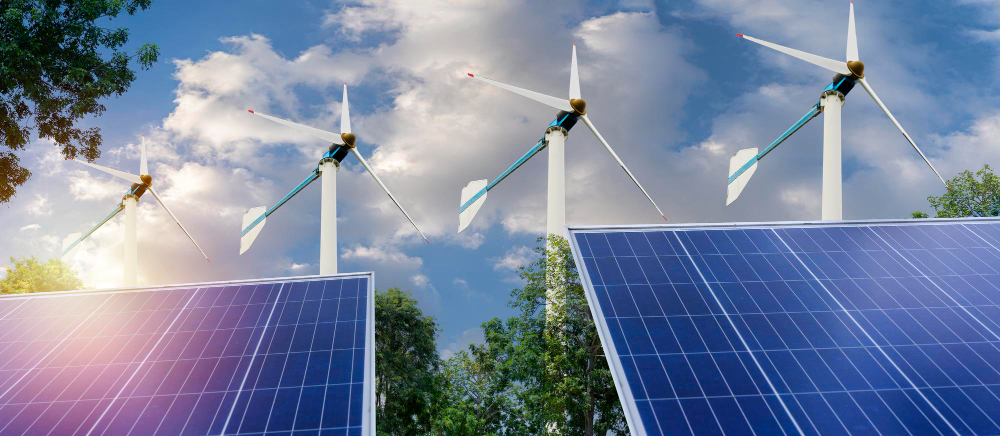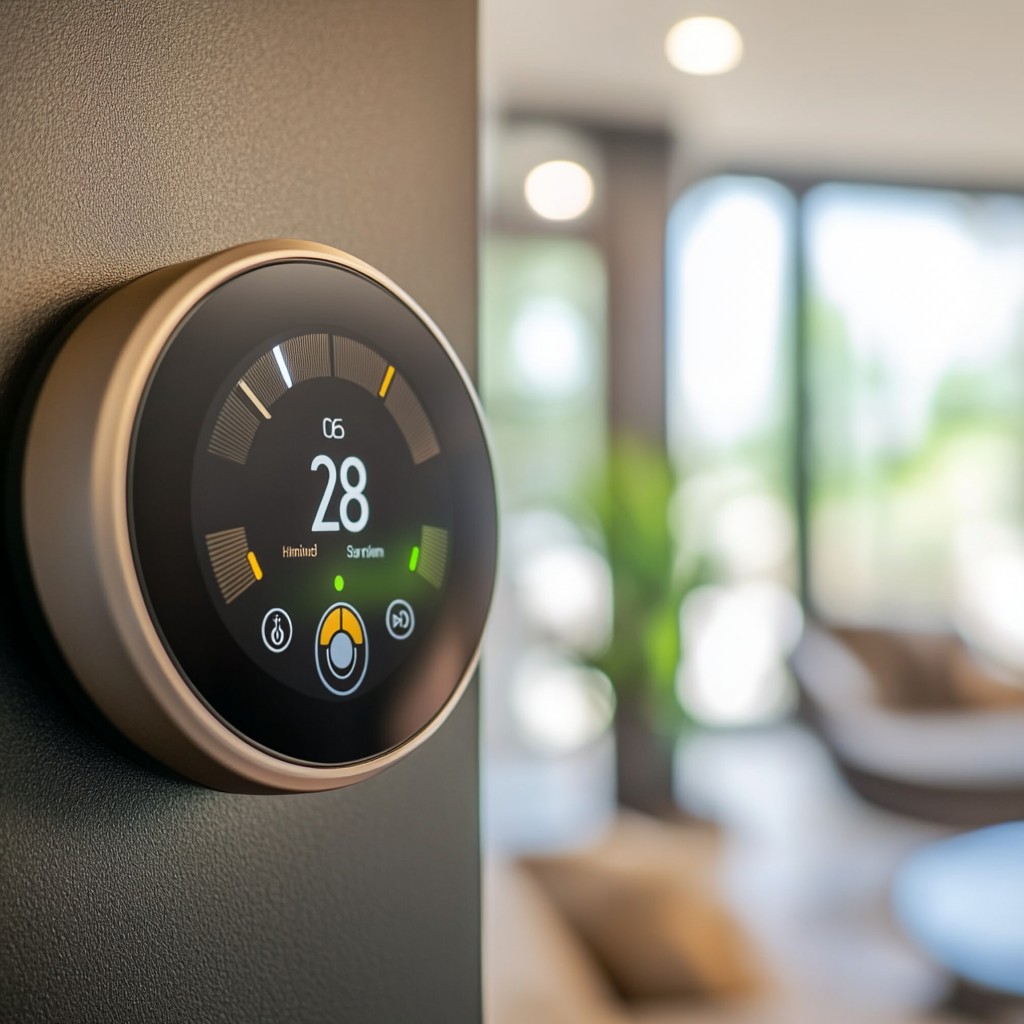Last updated on
Renewable energy, once a peripheral player in the global energy landscape, has emerged as a vital solution to our escalating environmental challenges. As the detrimental impacts of fossil fuel consumption become increasingly apparent, the transition to renewable sources such as wind, solar, and hydropower has become an urgent priority.
This shift not only holds promise for mitigating climate change but also offers potential for economic growth and energy security. The following sections will delve into why renewable energy is key to a sustainable future, highlighting its numerous benefits and discussing the progress made towards its adoption globally.
Environmental Impact of Renewable Energy

Renewable energy sources have minimal environmental impact compared to traditional energy sources. They do not emit harmful greenhouse gases or pollutants, making them a healthier choice for our planet. Moreover, renewable energy sources such as solar or wind power are inexhaustible, unlike fossil fuels, which are finite.
Switching to renewable energy can significantly reduce our carbon footprint, thus playing a crucial role in mitigating climate change. This shift is essential, as global warming continues to cause unprecedented changes in our climate, resulting in increased frequency and severity of natural disasters.
Finally, in addition to mitigating climate change, renewals also help conserve our planet’s natural resources. Utilizing wind, solar, and hydropower does not deplete our natural reserves, ensuring these resources are available for future generations. Keep in mind that these sources are renewable, which means they replenish themselves naturally.
Enhancing Energy Security with Renewable Energy
Renewable energy can significantly enhance a country’s energy security. Unlike fossil fuels, which are concentrated in certain regions, renewable resources are available in almost every part of the world. This means countries can produce their energy, reducing their dependence on foreign oil and gas.
Renewable energy provides a stable energy supply. Wind and solar power are not subject to market fluctuations like fossil fuels, ensuring a consistent energy supply even during economic downturns.
Lastly, renewable energy systems can be set up to operate off-grid, providing energy security even in remote areas. This is particularly important for developing countries where energy access is often a challenge.
As the people behind https://innasol.com/ note, energy security, and energy efficiency are more important than ever for businesses looking to secure a fossil-free future. Also, renewable energy systems can be scaled to meet the specific energy needs of a region or country, making it a highly adaptable solution.
Economic Opportunities Presented by Renewable Energy

Renewable energy not only benefits the environment but also offers significant economic opportunities. The renewable energy sector has the potential to create numerous jobs, from manufacturing to installation and maintenance of renewable energy systems.
Renewable energy is becoming increasingly cost-competitive. The cost of solar and wind power has been consistently dropping over the past decade, making them an economically viable alternative to traditional energy sources. This trend is expected to continue as technology advances and economies of scale are realized.
Investments in renewable energy can stimulate local economies. By decentralizing power production, communities can become energy-independent, which can lead to increased resilience and autonomy.
Progress in Renewable Energy Adoption
Progress in renewable energy adoption has been remarkable over the past decade. Many countries have made significant strides in shifting towards renewable energy, driven by both environmental concerns and economic opportunities. Despite the challenges, the renewable energy sector has demonstrated resilience and adaptability.
Technological advancements continue to drive down the costs of renewable energy systems, making them increasingly accessible to a wider range of consumers. Looking ahead, the future of renewable energy is promising.
With continued investment and commitment from governments and businesses worldwide, the transition to a renewable-based energy system is not only possible but imminent.
Challenges and Future Directions in Renewable Energy
While the benefits of renewable energy are clear, there are still challenges to be addressed. These include technological hurdles, regulatory barriers, and public perception. Overcoming these challenges requires concerted efforts from policymakers, industry, and the public.
Despite these challenges, the future of renewable energy is bright. Continued innovation and research will drive down costs and increase efficiency, making renewable energy an increasingly attractive option for both individuals and businesses.
The Takeaway
Renewable energy is not just a solution, but a necessity for a sustainable future. Its minimal environmental impact, potential for enhancing energy security, and ability to generate economic opportunities make it a superior alternative to traditional energy sources. While challenges still exist, the resilience and adaptability of this sector underscore its potential.
The future of renewable energy is indeed promising, and with continued dedication to innovation, investment, and policy reform, a sustainable, renewable-powered future is within our reach. This transition is not merely an option but a responsibility we owe to ourselves and future generations. The time for change is now – for the preservation of our planet and the prosperity of our global community.
Table of Contents




